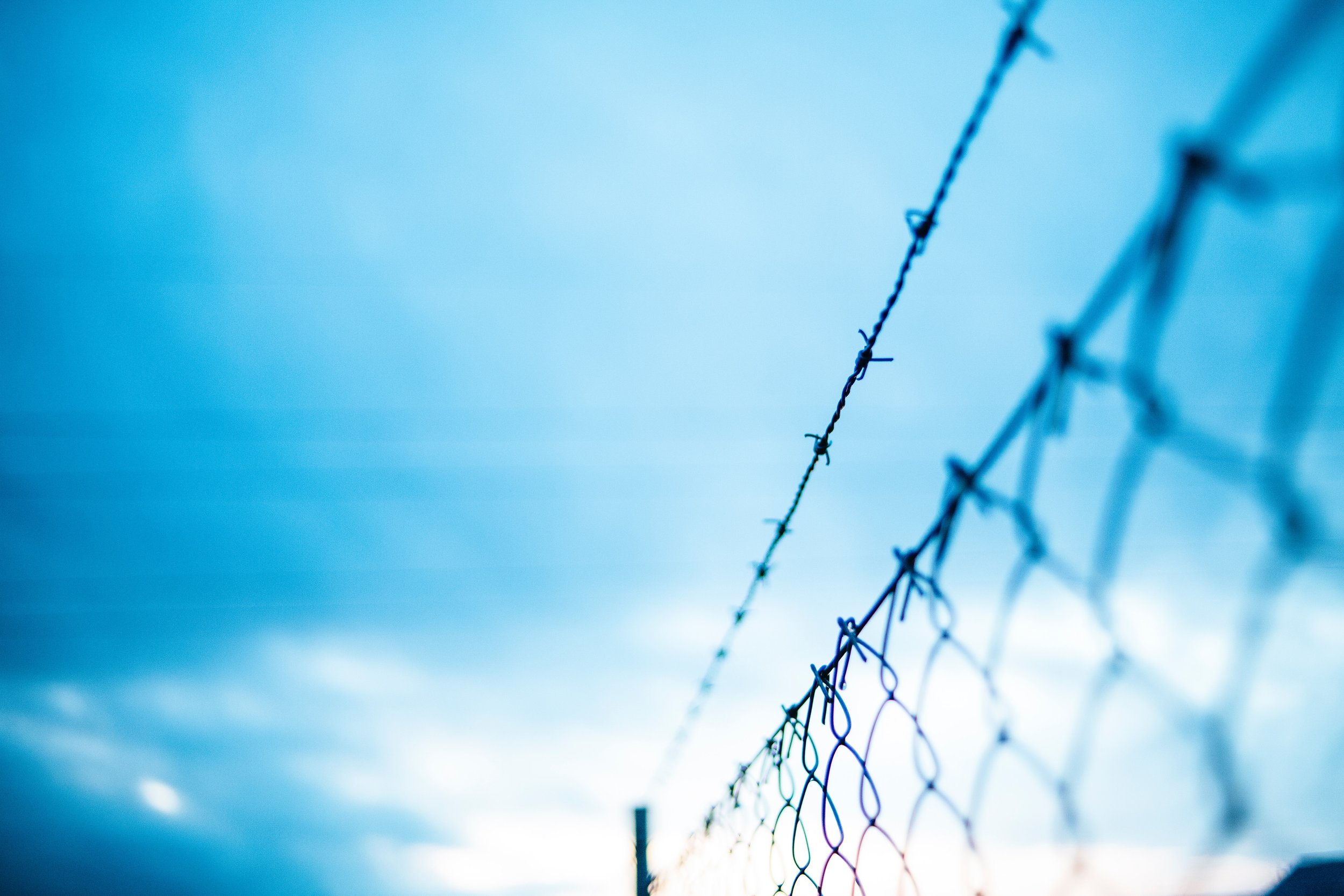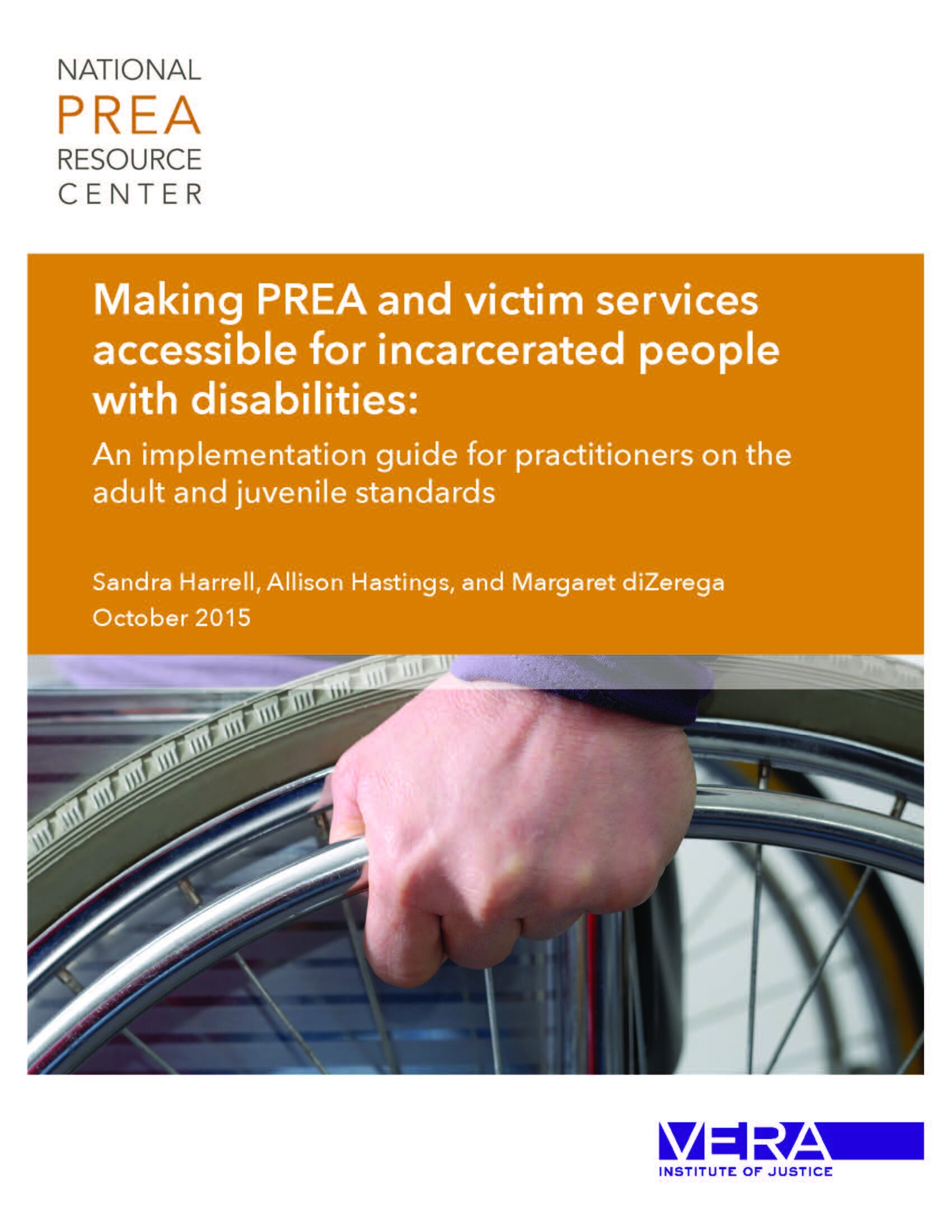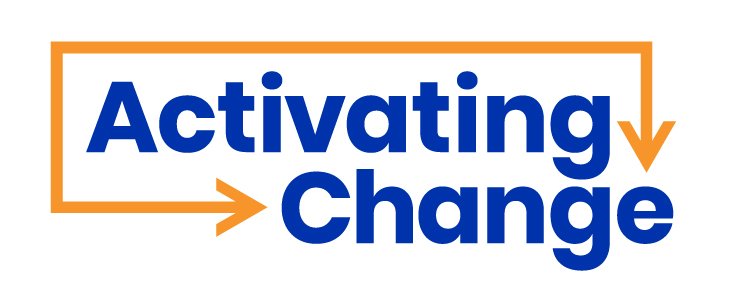
Healing and Dignity
Behind and Beyond Bars
People with disabilities are 3 to 4 times more likely than people without disabilities to be incarcerated. For people with disabilities in prison, life can be particularly harsh, difficult, and isolating. Activating Change is working to address reduce these harms by enhancing access, improving conditions, and increasing safety and dignity.
6% of incarcerated people with psychiatric disabilities reported being sexual assaulted while incarcerated compared to less than 1% of people without psychiatric disabilities.
People with disabilities and Deaf people who are incarcerated are:
Sexually assaulted while in detention at much higher rates than people without disabilities.
Exploited by their peers.
Punished with disciplinary segregation for infractions that occur because accommodations aren’t provided.
Incarcerated longer because the programs that speed release are inaccessible.
Incarceration deprives people of connection to their families and communities; worsens their physical and mental health; deepens trauma histories; and vastly limits pathways to long-term financial stability. Once people return to the community after imprisonment, they face tens of thousands of collateral consequences, which legally deny them equal access to employment, education, housing, public benefits, and civic participation – often for life.
Our Solutions
-
Preventing Sexual Abuse in Detention
In partnership with the PREA Resource Center, we are working to ensure sexual safety for people with disabilities and Deaf people in jails and prisons. We are raising awareness about the high rates of sexual abuse of people with disabilities in these facilities and training corrections officials to center people with disabilities and Deaf people in their Prison Rape Elimination Act (PREA) programs. We are also currently working closely with 14 small jails, lockups, and community confinement facilities to help them implement the PREA standards.
-
Increasing Access to Victim Services
We are working to ensure that currently and formerly incarcerated people with disabilities and Deaf people can access victim services for the trauma they’ve experienced - before, during, and after incarceration. We work with corrections officials to foster relationships with rape crisis centers and other victim services organizations to provide accessible services to incarcerated survivors and to ensure those survivors can readily access them. We also train re-entry programs and rape crisis centers to better meet the needs of these survivors once they return to the community.
-
Improving Conditions
We are working with several correctional facilitates across the country to improve conditions for people with disabilities and Deaf people. We are working with these facilities to conduct access reviews, identify barriers to information, reporting, and services as well as a review of educational materials and orientation procedures for incarcerated people and making recommendations to remove access barriers. We are also supporting facilities to implement our recommendations.
Explore More
-

Making PREA Accessible
The Making PREA and Victim Services Accessible for Incarcerated People with Disabilities: An Implementation Guide for Practitioners on the Adult and Juvenile Standards provides strategies to correctional agencies to prevent sexual abuse of people with disabilities who are incarcerated. The strategies draw on established practices used in detention settings, as well as community-based organizations.
-

Ensuring Language Access in PREA
Providing language access to incarcerated survivors of sexual abuse honors their humanity and worth in the wake of an experience that may have left them feeling stripped of both. This guide offers concrete steps for how correctional agencies can craft language access plans and engage interpreters and translators that are consistent with the requirements in the National Standards to Prevent, Detect, and Respond to Prison Rape.
-

Reaching Formerly Incarcerated Survivors with Disabilities
This webinar discusses the impact of incarceration on people with disabilities, the victimization experiences of people who have a history of incarceration, and the barriers to services for formerly incarcerated survivors with disabilities. It provides practical strategies for reaching these survivors.

Join the Movement
Join our mailing list to be the first to know about events, resources, and news from Activating Change.

